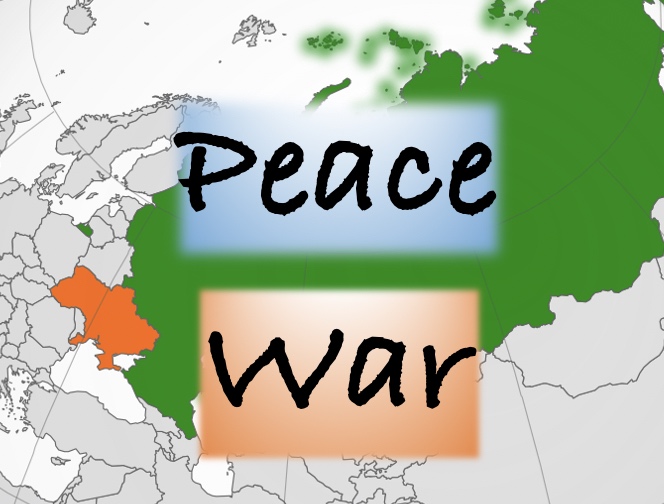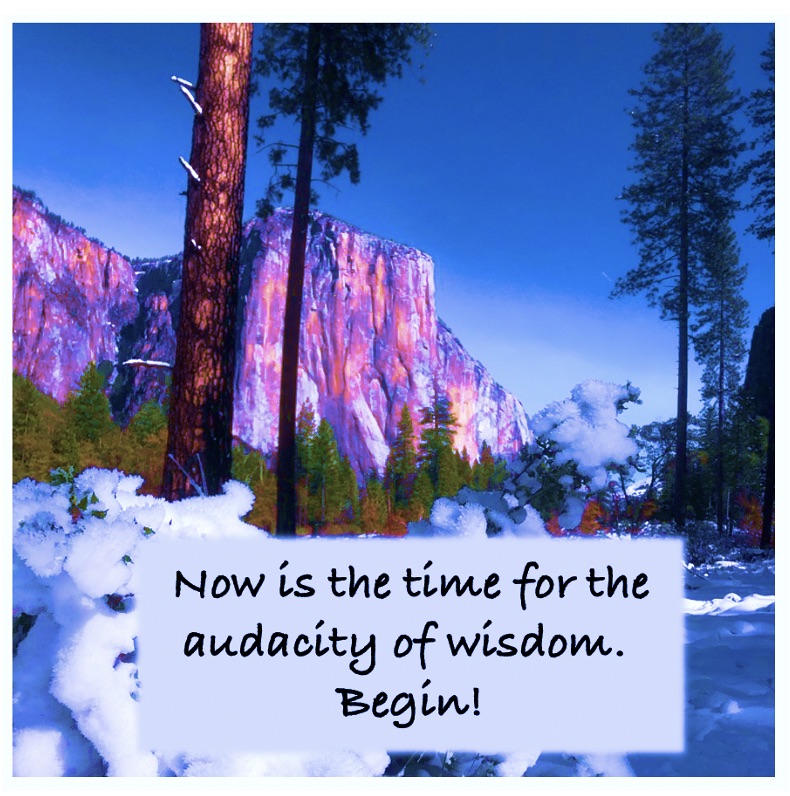Reading Time: 5 minutes
In a world of rattling sabers, the option of nonviolent resistance is often ignored. As Russian tanks roll into Ukraine, and cluster bombs rain on residential areas, it is natural to think that violence is the only credible response.
But violence is not our only powerful tool.
Even though modern history is rich with examples of nonviolent strategies hindering or defeating violent regimes and systems from the British Raj to Milosovic’s Serbia to racial oppression in the US South, nonviolence continues to be derided as a strategy of “doing nothing.”
It is nothing of the kind.
‘Nonviolence wouldn’t have worked against Hitler’
Perhaps the most common attempt to shut down discussion of nonviolent action is the invocation of Nazi Germany, often phrased as, “Nonviolence wouldn’t have worked against Hitler.”
In fact, nonviolent action played a crucial role in opposing and disrupting Nazi atrocities.
In his book Nonviolent Resistance to the Nazis, author and activist George Paxton describes the widespread use of nonviolent resistance in response to the actions of the Third Reich in Europe. Underground newspapers, graffiti, and anonymous open letters spread messages of support, encouragement, and coordinated actions. Occupiers were shamed and ostracized by courageous citizens (a strategy already at work in Ukraine). Slow-working in factories and economic boycotts. Hiding and smuggling Jews. The White Rose movement in Munich.
A leaflet called “The Ten Commandments for Danes” appeared on the streets of Copenhagen on the first day of the city’s occupation by Germany, outlining principles of nonviolent resistance that became a “revered roadmap for resistance.” These included:
You must not go to work in Germany and Norway.
You shall do a bad job for the Germans.
You shall destroy everything which may be of benefit to the Germans.
You shall delay all transport.
You shall boycott German and Italian films and papers.
You must not shop at Nazis’ stores.
You shall protect anyone chased by the Germans.
In part because of the strong, early support most Danes gave to their Jewish compatriots—protesting anti-Jewish policies, concealing people at risk, and transporting them to safety in Sweden—the Germans made the decision to delay deportation of Danish Jews until after victory so Denmark would be more easily governed during the war. As a result of these nonviolent actions, nearly the entire Jewish population of the country was ultimately spared from the Holocaust.
The US civil rights activist Stokely Carmichael misrepresented nonviolent action as the idea that “if you suffer, your opponent will see your suffering and will be moved to change his heart,” adding, “In order for nonviolence to work, your opponent must have a conscience.” By this reasoning, Putin’s lack of conscience would make nonviolent action in Ukraine pointless.
Paxton challenges this misconception by describing (among many other things) a protest in 1943 Berlin. Non-Jewish wives of Jews assembled in the street near Gestapo headquarters to protest the pending deportation of their husbands. But “fearing that the protests might spread,” the Gestapo not only “did not act against the women,” Paxton says, but suspended the deportations. The women did not inspire a “change of heart” by appealing to the conscience of the Nazis. They made it politically untenable to proceed with the deportation plan.
None of these nonviolent actions amounted to “doing nothing.” All helped to frustrate or mitigate the violent intentions of the Nazi occupiers.
So how might similar strategies be applied to the Russian occupiers of Ukraine in 2022 and potentially beyond?
Economic sanctions and sacrifice
Economic sanctions are an important part of the nonviolent playbook. The Biden Administration announced sanctions against the Russian finance sector immediately after the invasion. But there is a substantial chink in the armor of these sanctions: the energy sphere has been excluded. Russia supplies a significant portion of Europe’s natural gas. A major concern is that cutting off Russian gas and oil would exacerbate inflation and spread harm globally. And so, a powerful nonviolent tool for responding to Russian aggression is off the table.
Perhaps it’s easier to imagine sending arms and troops than it is to imagine driving less, paying more for gas, or shifting away from fossil fuels. This lack of imagination is part of a larger problem. Self-interest is often combined with faith in military power in defense of the status quo.
A lack of imagination is part of a larger problem. Self-interest is often combined with faith in military power in defense of the status quo.
As outrage mounts, we ought to ask ourselves how much we would be willing to sacrifice in the name of peace. It is one thing to encourage Ukrainians to take up arms. It is another thing for comfortable bystanders like the rest of us to consider what we would be willing to sacrifice in the name of peace.
Public protest and solidarity
For bystanders in Europe and other continents further from the fighting, it may seem that there is not much we can do in the face of Russian aggression. But public protests in cities across the globe can play a role. Protests in European and American cities will not end the war. They did not prevent the American invasion of Iraq 20 years ago. But they send a message that can have some impact. Among the important effects of public protests is signaling solidarity and public resolve.
Such protests would send a message to Ukrainians suffering directly from the Russian invasion. It also sends a signal to Russian citizens opposed to Putin’s aggression, as well as American and European politicians attuned to their constituents’ passionate concerns.
There have been protests in Russian cities against the war. The Guardian reports that more than 1,700 have been arrested in Russian anti-war protests. This may be the most effective place to encourage nonviolence. It takes courage to speak out in Putin’s Russia. Russian protesters need to know that they are not alone and that we are watching.
In Ukraine itself, unarmed protesters are obstructing the movement of Russian troops, arms, and supplies, at great risk to themselves, and crucially bringing the eyes of the world to these moments:
Religion and peace
Religious organizations can and should be mobilized in opposition to war. Unfortunately, the reporting from Russia is not promising. As was the case in the Third Reich, many prominent religious leaders are meeting Putin’s atrocities and moral outrages with either silence or support. Kirill, the Patriarch of the Russian Church, praised the Russian military for its defense of the “Fatherland” on the day before the invasion. The following day, Kirill issued a statement calling on “all parties” to avoid civilian casualties. He did not condemn the invasion, describing it instead as a “misfortune.” He offered a prayer for peace that did not include a call on Putin to stop his aggression.
Religious leaders in the West ought to reach out to their Orthodox colleagues and demand a more strenuous call for peace on the part of the Russian church. As with other nonviolent techniques, this is not a slam-dunk solution. But it can be part of a coordinated nonviolent campaign that could impact domestic support for the Russian war effort.
Secular and religious nonviolence
Secular peacemakers may scoff at this. Churches have often celebrated military power and fatherlands. But the problem in this regard is not religion. Rather, the problem is a culture of violence. Russian history is interesting in this regard. It involves much violence, including Soviet oppression of religion. But in the background is also Tolstoy’s Christian pacifism.
Tolstoy’s words are worth considering today. In “The Law of Love and the Law of Violence,” he condemned the “age-old lie” that violence is “useful and unifying,” adding that this lie predates Christianity. He warns that Christians have often embraced it. His proposed solution is to condemn the lie of violence and those who employ it.
COUNTERPOINT
Adam Lee, There are still monsters: The limits of nonviolence
One need not be religious to be inspired by Tolstoy’s message. Nonviolent responses can be imagined to Russian aggression. We must condemn aggression and show solidarity with the peacemakers. And we must work to imagine what it might take to build a better world.
The post Russian invasion: Does nonviolent resistance have a role to play in Ukraine? appeared first on OnlySky Media.



